You probably heard that the first few years of your mortgage the majority of your payment goes towards interest, and as the years go on a larger percent of your payment gets allocated towards principal.
Is this true? And if yes, why is that? Is this a “scheme” banks do so they are guaranteed to make money?
Yes, it is true. In the first few years of a mortgage majority of the payment is allocated towards interest and as you go along, more and more money are allocated towards the principal, but no, this is no scheme deployed by the bank to make sure they make their money.
Let me explain.
Say you borrow $400k with an interest rate of 3%. Your monthly principal and interest payment will be $1,686.42. The bank uses a mathematical calculation known as ‘amortization’ to calculate 360 equal payments, paying the given interest rate while paying off the loan.
All 360 payments are equal payments of $1,686.42, however the breakdown of how much of the $1686.42 goes towards the principal and how much goes towards interest will change from month to month.
Think of mortgages this way
The bank lends you $400k and after a month they come knocking at your door requesting you pay back the 400k they lent you.
You don’t have the full $400k, so you pay the agreed-upon 3% annual interest rate on the outstanding balance.
$400k x 3%= $12,000 (Outstanding balance times your annual interest rate)
$12,000 ÷ 12 = $1,000 (Annual interest divided by 12 months)
Your interest due after the first month is $1,000, leaving the remaining $686.42 to pay down your outstanding principal balance.
Your principal balance after the first month is $399,313.58.
Now when the bank comes knocking on your door the second month, they are collecting a balance of $399,313.58, which you, the borrower doesn’t have, and therefore must pay 3% interest on that remaining balance.
$399,313.58 x 3% = $11,979.40 (Outstanding balance times your annual interest rate)
$11,979.40 ÷ 12 = $998.28 (Annual interest divided by 12 months)
The second month only $998.28 in interest is due leaving the remaining $688.14 to go towards principal.
As you pay off more principal, your outstanding balance is lowered, leaving you with less interest due, allowing for a larger percent of your monthly payment to be allocated towards principal, thus further lowering the interest due on subsequent payments……
Keep in mind, your monthly payments stay the same for all 360 payments of your 30-year fixed mortgage. It is just a matter of what percent of your payment is allocated to principal and what percent is allocated towards interest.
Prepaying your mortgage loan
Most residential mortgages do not have any prepayment penalties. Most banks even give the option to make extra principal payments.
We’ve established that every month you pay interest on the remaining outstanding principal balance.
Now if you make extra payments towards the principal, you are thereby paying interest on less money on your subsequent payments. This allows for a larger percentage of your future payments to be allocated towards the principal, ultimately causing your loan to be paid off sooner. Going back to our scenario where your monthly payments are $1686.42. Let’s say you were to make one additional payment every year.
$1686.42 ÷ 12 = $140.54 (Principal and Interest Payment divided by 12 months)
Making one additional payment per year comes out to an additional $140.34/month.
By making this additional payment you will be paying off your 30-year mortgage 3 and ½ years early, shortening your loan by 42 months.
By making just 26 ½ payments- 1 extra payment for 26 ½ years – you will have saved more than $25k in interest over the life of the loan.
All this savings with just 1 additional payment per year!
Great technique - pay your mortgage biweekly
A great strategy to consider if you’d like to make an extra annual payment, is to pay half your monthly payment every 2 weeks.
Since there are 52 weeks a year, biweekly payments will amount to 26 half monthly payments, totaling 13 full payments per year. You will have paid the 12 payments due plus one additional payment, without feeling like you made an extra payment.
This technique is especially easier for employees who get paid biweekly.
Cons of paying off your mortgage early
Paying off your mortgage early may seem great; however, many believe that as long as a bank is willing to lend, there is no reason to rush to pay it off. After all, you probably won’t find “cheaper money” than what you’ll get with your mortgage.
Many people will even cash out on the equity they have built up in their homes to access funds for an investment they believe will yield them a higher return than the interest they’ll be paying for a residential mortgage. This is especially common now with historically low interest rates.
It is also common for people to extend the number of years left on their mortgage when refinancing, as they prefer lower monthly payments even at the cost of extending the amount of time it’ll take to completely pay off their mortgage.
Whether you prefer paying off your mortgage as quickly as possible, or you’re of the belief that residential mortgages give you the cheapest access to money, and you would therefore borrow as much the bank is willing to lend and for the longest period they will lend it to you for, it is imperative you consult with a professional loan advisor who can help guide you to the option that suits your preference and financial goals best.
*I used the standard 30-year fixed rate as an example. The same would be true with a 15-year fixed rate mortgage.




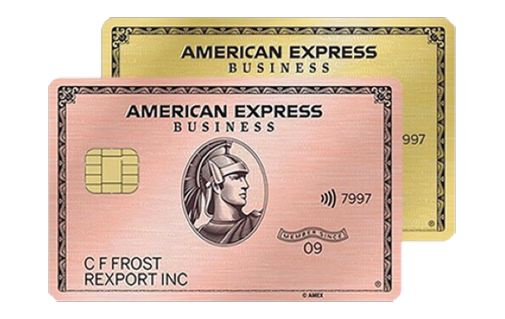
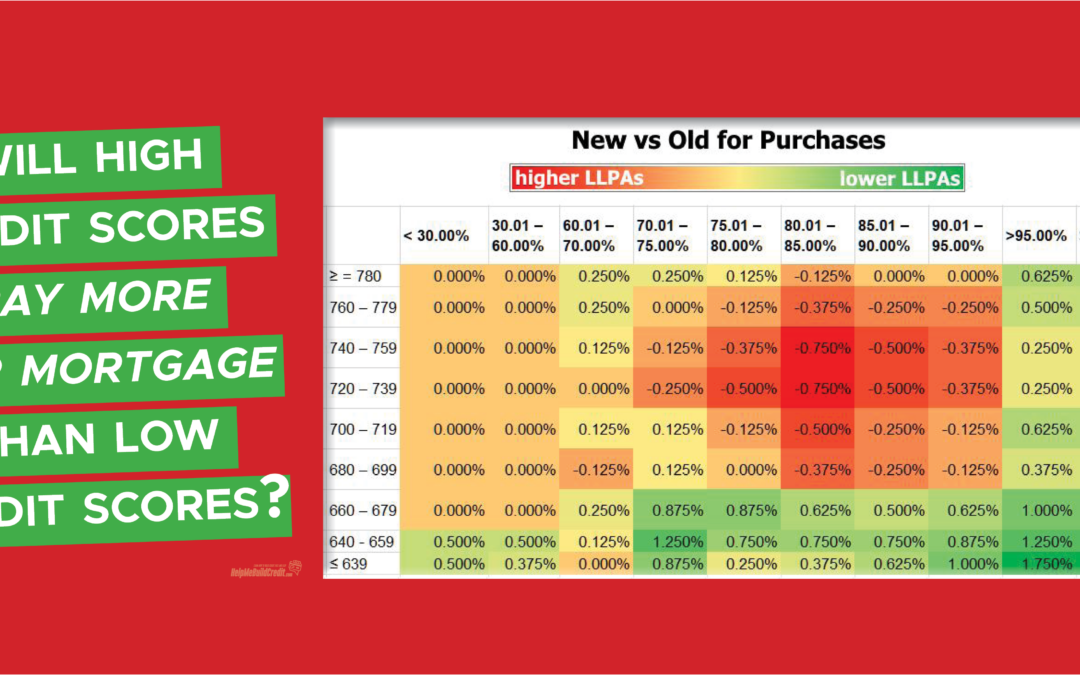
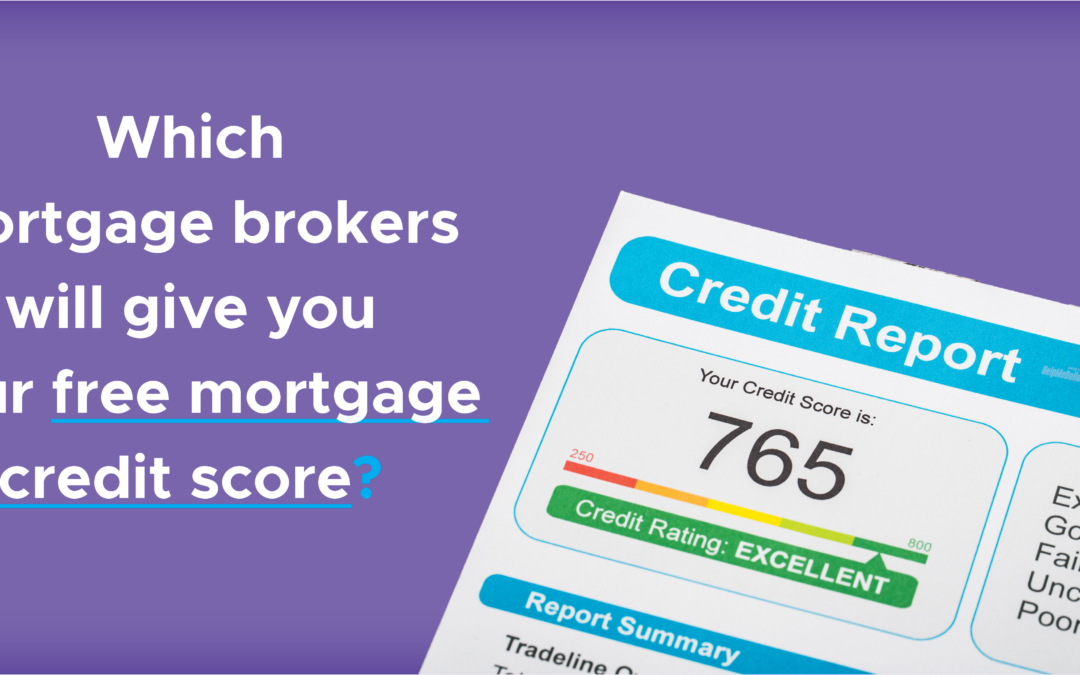
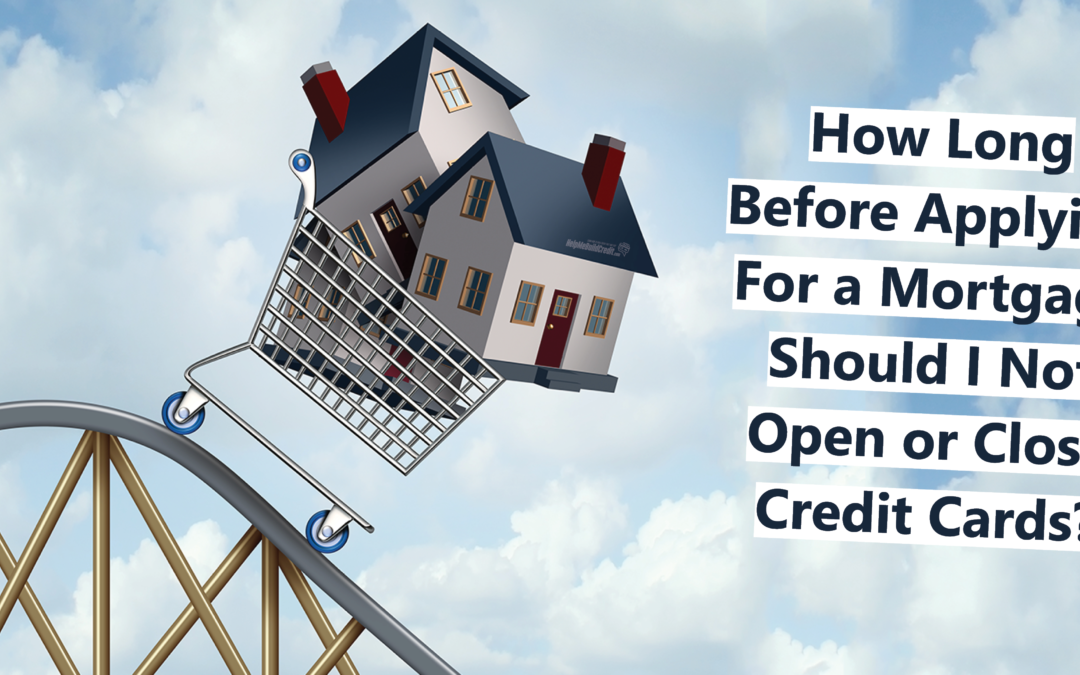

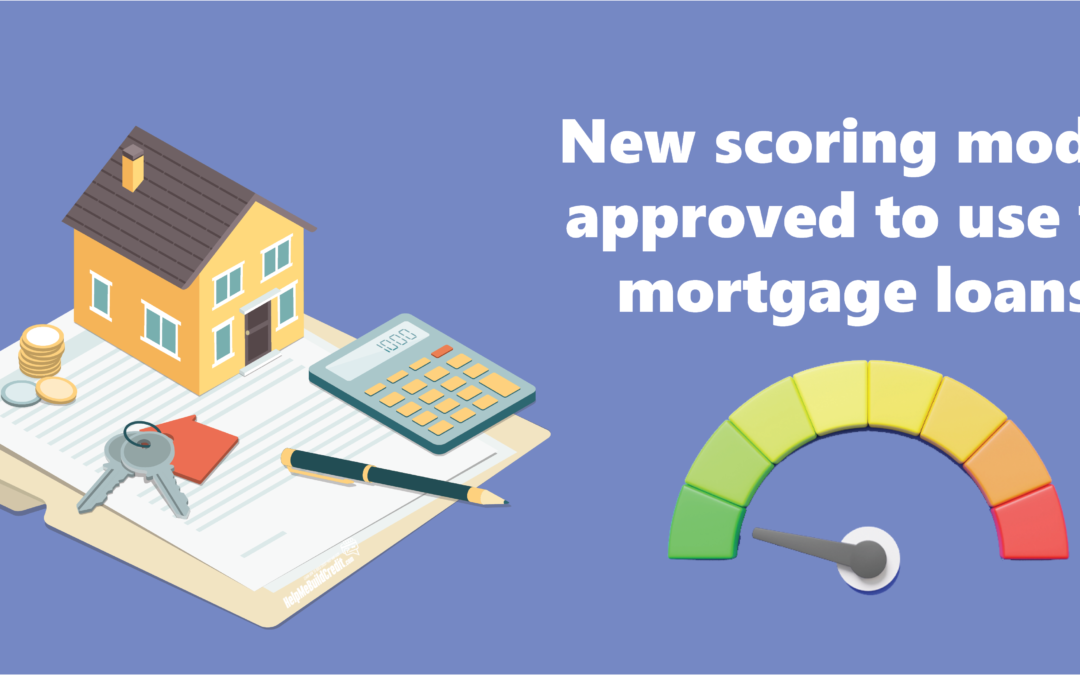
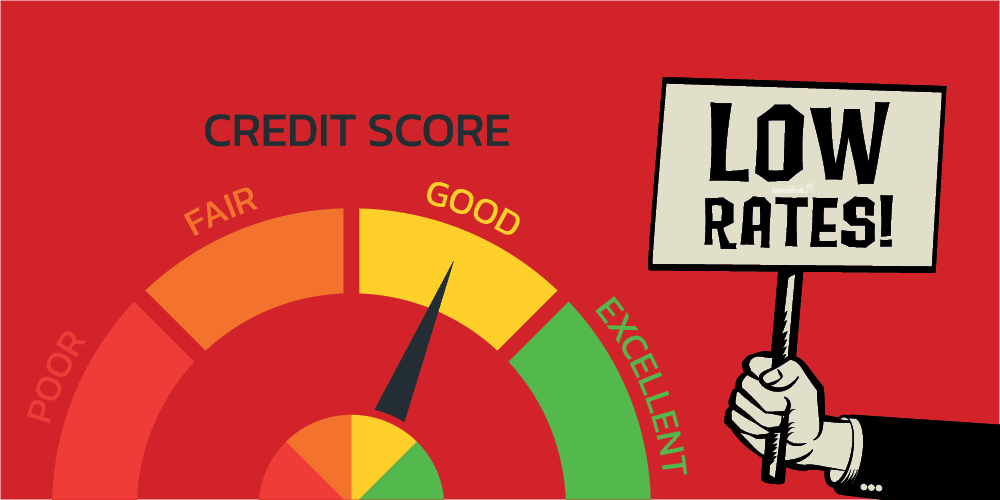

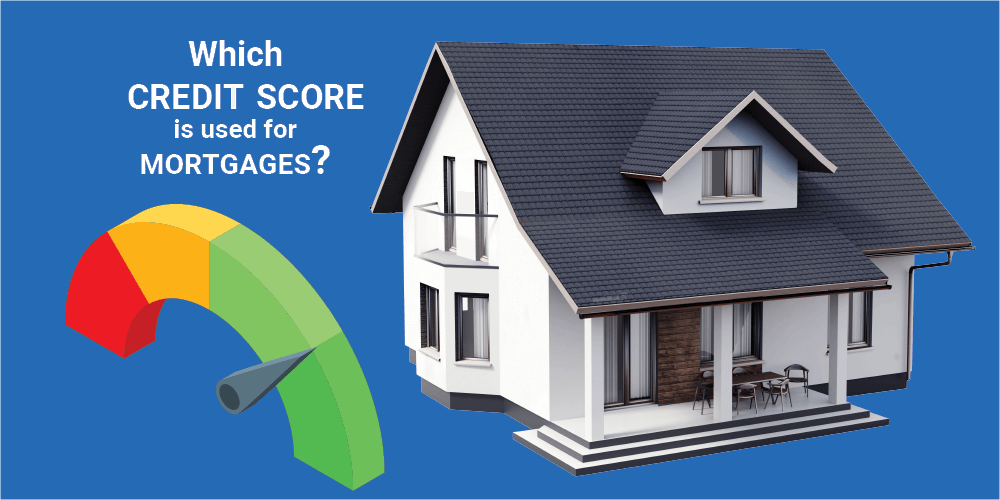
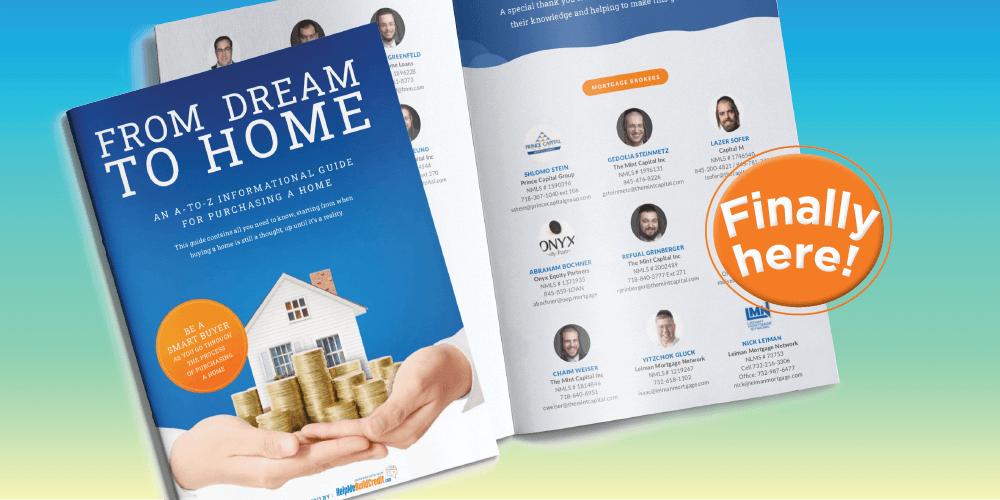



0 Comments